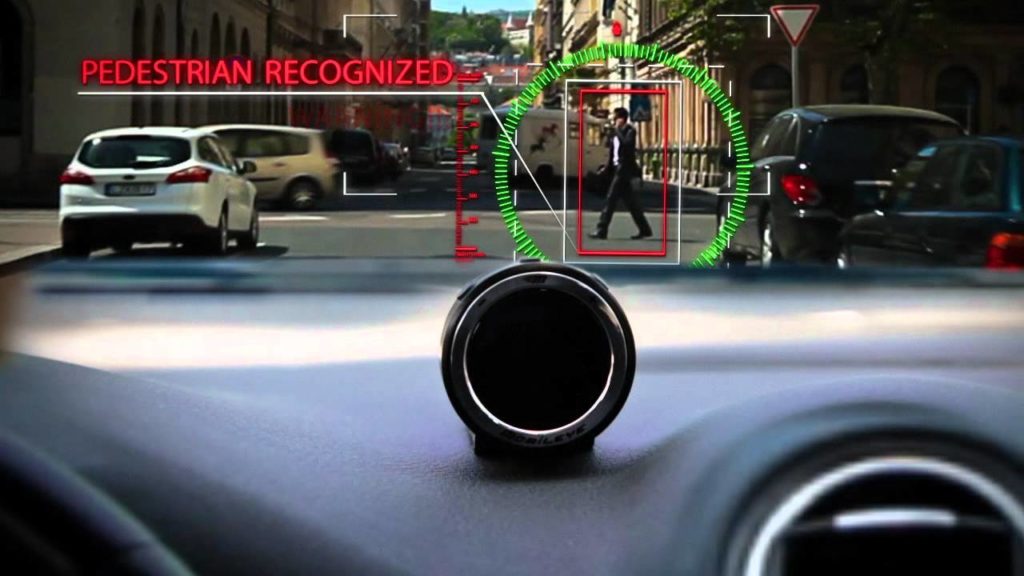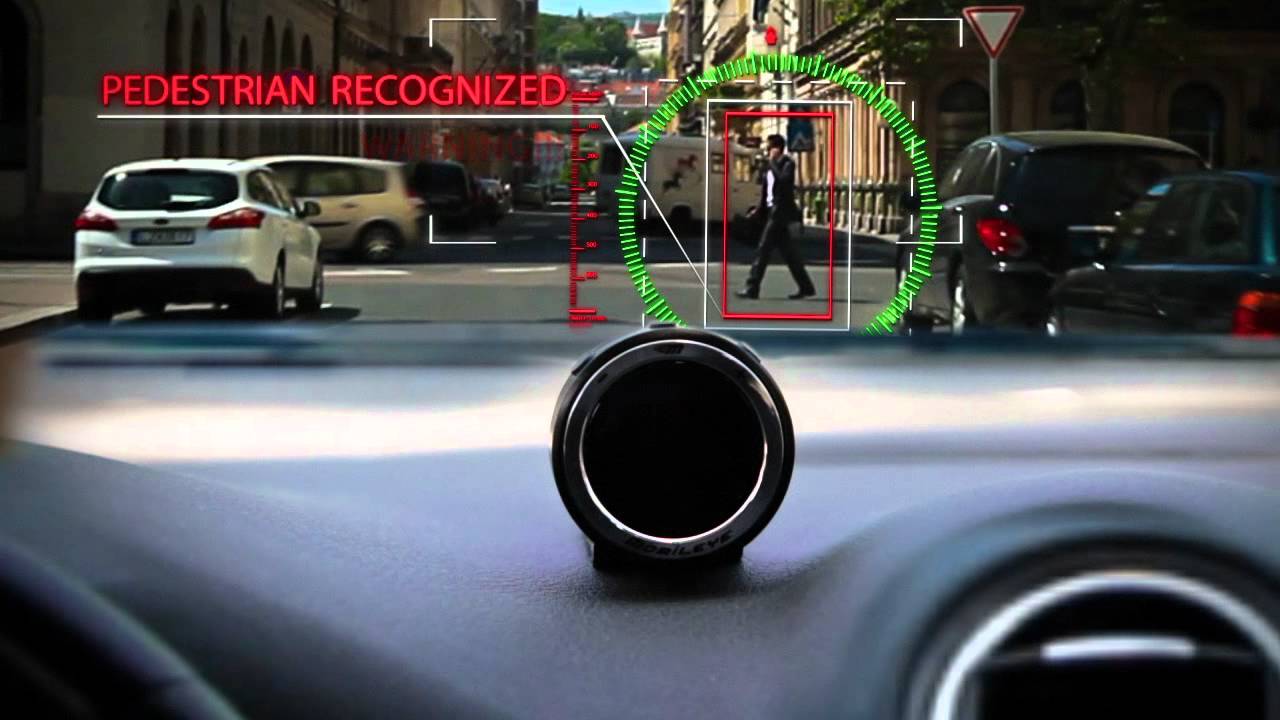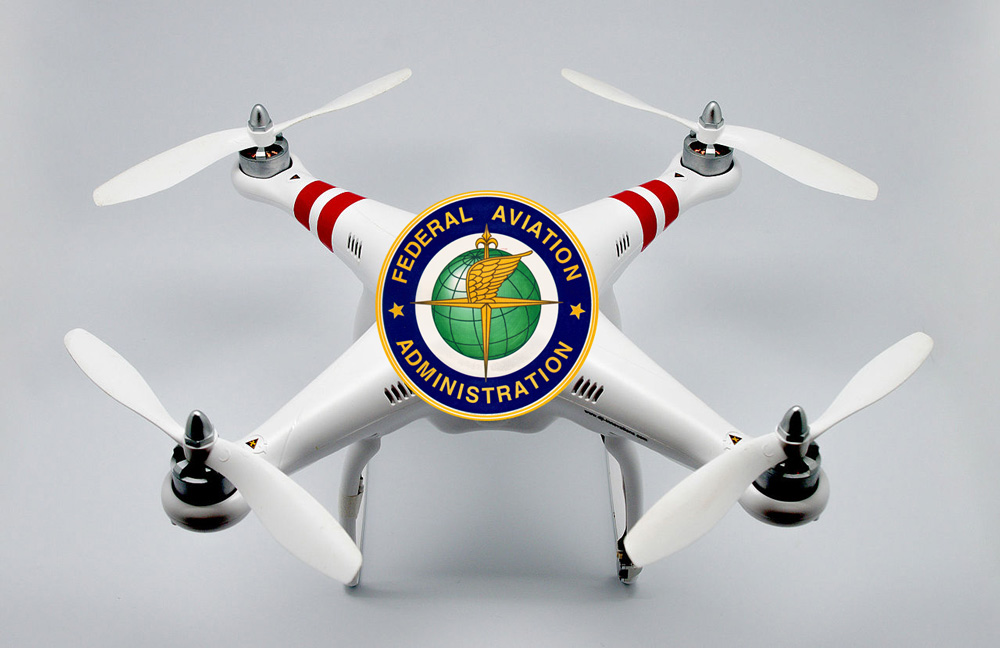
Want to make your city safer? Map accidents that never happened

There’s an ambitious transportation goal that Canada, Netherlands, Sweden, the United Kingdom, and the United States have set for themselves: Vision Zero. The project aims to ensure that mistakes on roadways don’t result in any serious injuries or death. A new partnership between Intel-owned Mobileye and Esri wants to make that vision a reality.
Mobileye has an intelligent blind spot detection system, Shield+, which uses multi-vision smart sensors to alert the drivers of heavy goods vehicles (HGV) about the presence of pedestrians or cyclists in danger zones. What Esri plans to do is bring the real-time data collected by Shield+ into a map and analyze it for trends or patterns. When municipalities and transit authorities have a city-wide view of pedestrian and cyclist safety, they can easily send out alerts to bus or other HGV drivers about imminent hazards seconds before a potential collision.
Essentially, Shield+ sends out four different kinds of warnings to drivers:
Forward Collision Warning: Alerts when a collision is imminent with a car, truck, or motorcycle ahead of the vehicle
Pedestrian and Cyclist Collision Warning: Alerts when a collision is imminent with a pedestrian or cyclist within the vehicle’s front danger zones
Lane Departure Warning: Alerts when a lane deviation occurs without proper signal notification
Headway Monitoring and Warning: Alerts when the following distance from the vehicle ahead becomes unsafe.
Explaining that municipalities entering into new contracts with Mobileye will be given an option to try out this new system, Nisso Moyal, the director of business development and big data at Mobileye, says, “By enabling direct uploading of geospatial events from Shield+ fitted to municipal buses and the like to the Mobileye Smart Mobility Dashboard, cities will be able to anticipate and help prevent the next collision, while in general managing all of their assets much more efficiently.”
With cities pushing for a culture that prioritizes traffic safety, city planners are increasingly looking for smart transportation solutions. This new collaboration between Mobileye and Esri looks like a step in the right direction.





